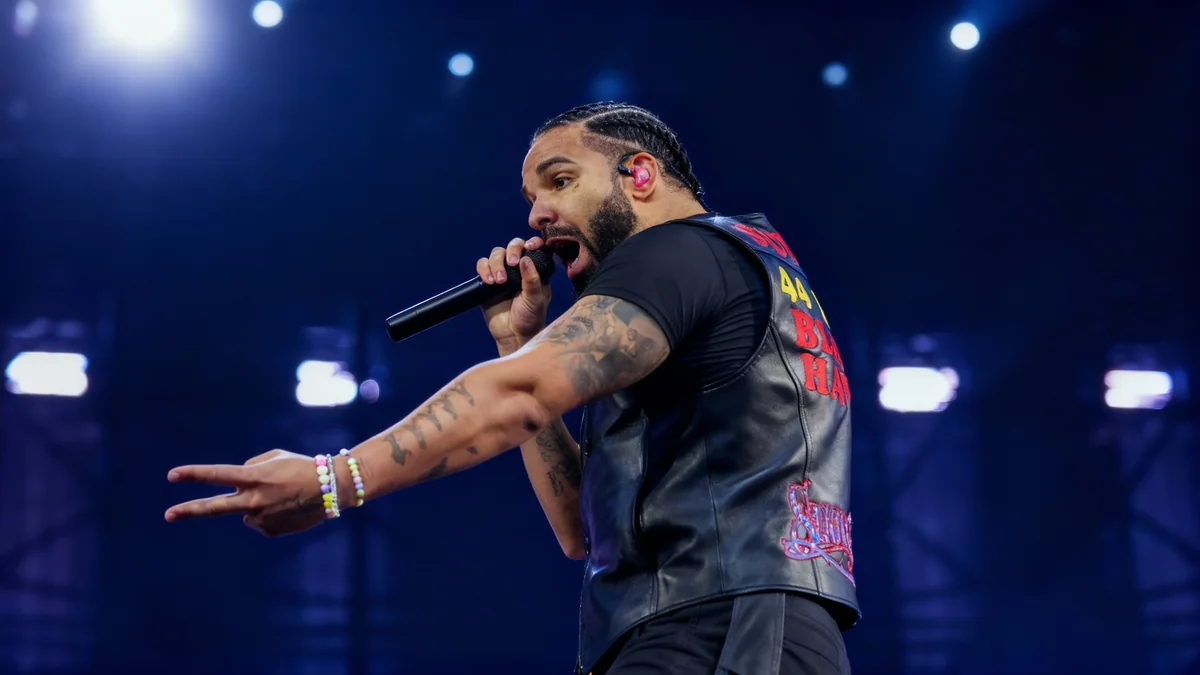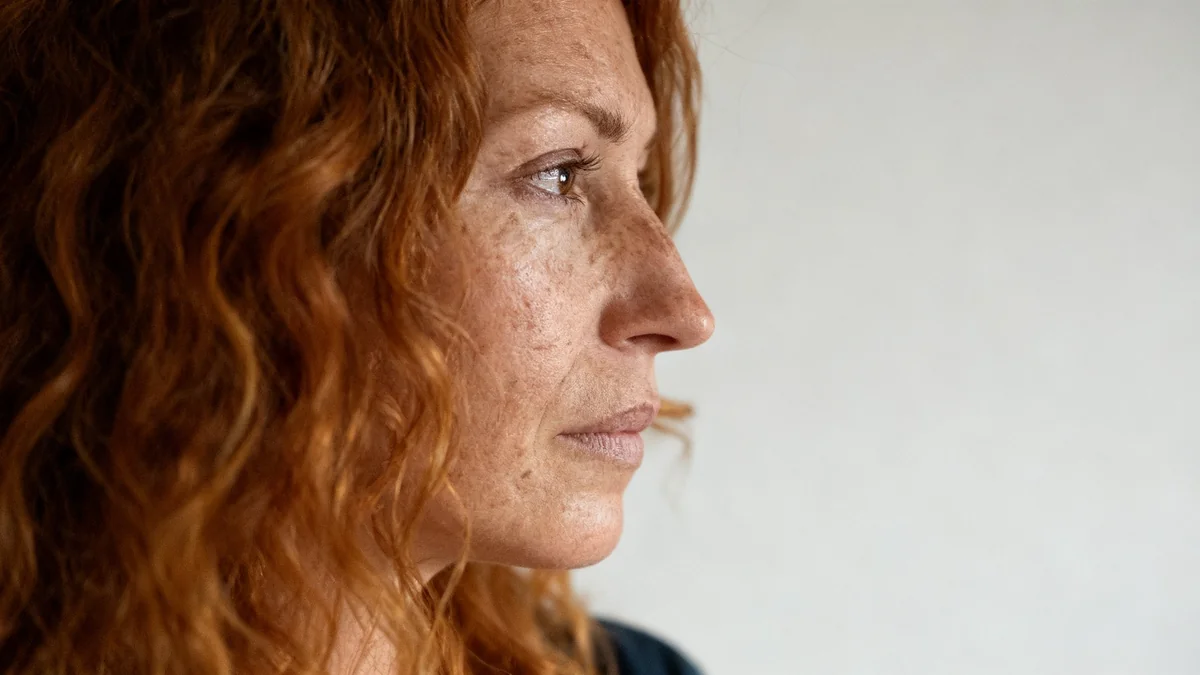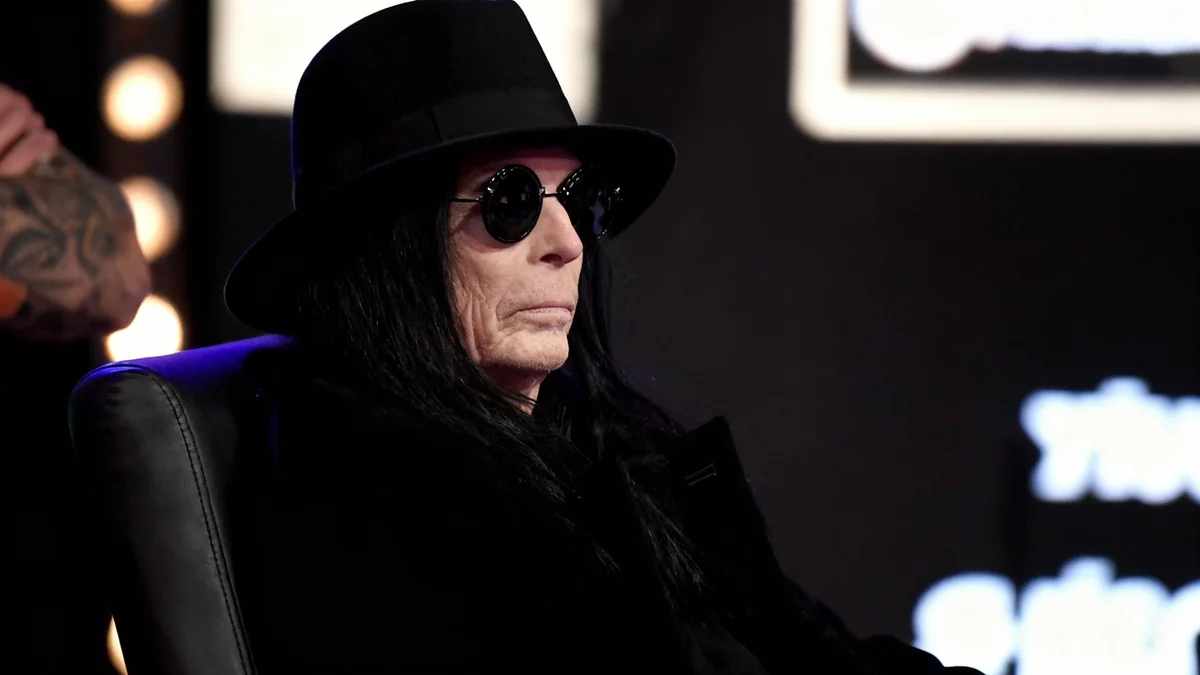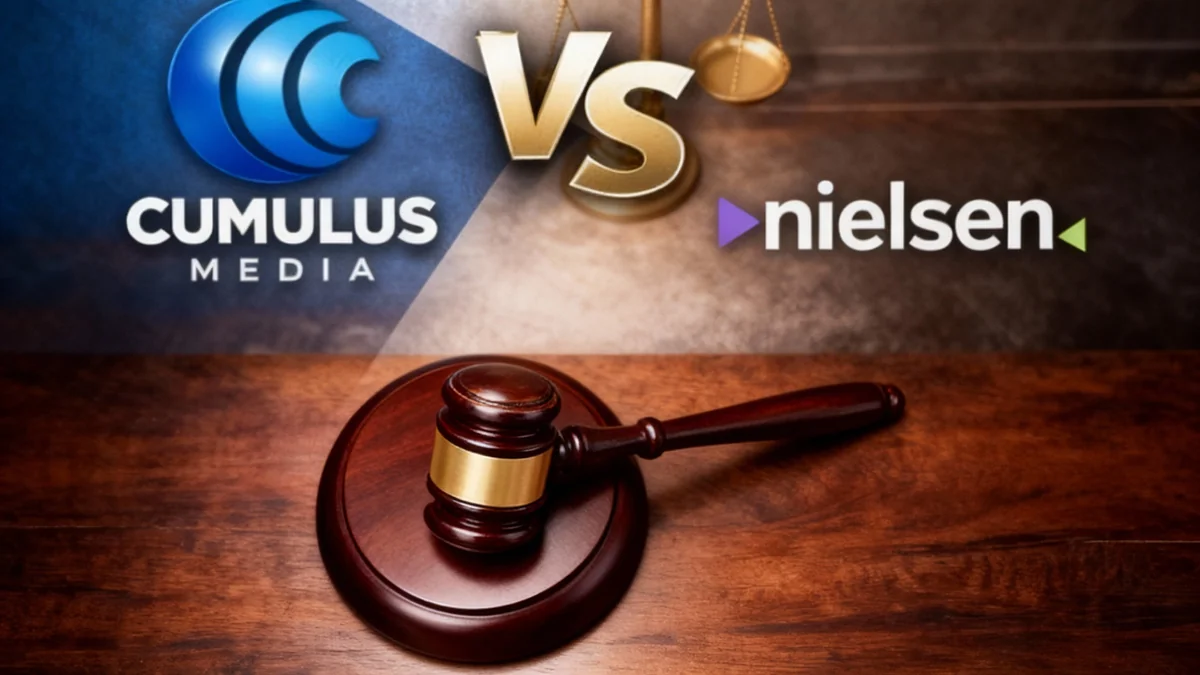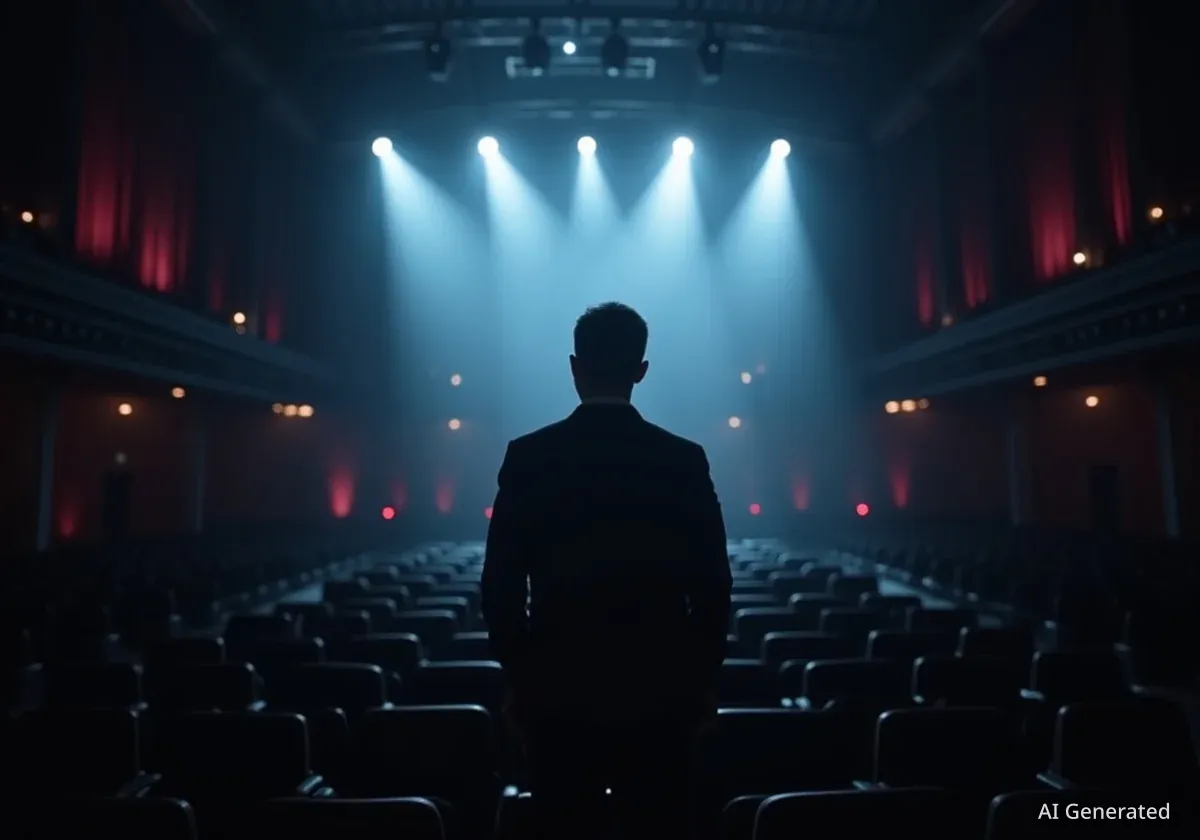Drake is moving forward with an appeal against Universal Music Group (UMG) after a federal judge dismissed his lawsuit earlier this month. The musician's legal team filed a notice of appeal today, October 29, in a New York federal court. This action signals his intent to challenge the previous ruling regarding the song "Not Like Us."
Key Takeaways
- Drake filed an appeal today, October 29, against UMG's lawsuit dismissal.
- The original lawsuit alleged UMG promoted Kendrick Lamar's "Not Like Us" as defamatory.
- A federal judge previously ruled the song was part of a "heated rap battle," not verifiable facts.
- Drake's team expects the Court of Appeals to review the filing in the coming weeks.
The Origin of the Legal Dispute
Drake initiated his lawsuit against Universal Music Group in January of this year. His complaint asserted that the music corporation engaged in a "campaign" to promote Kendrick Lamar's track, "Not Like Us." Drake's legal team characterized this song as defamatory.
The core of Drake's argument centered on the idea that UMG's actions amplified a song that contained false and damaging accusations against him. He sought legal recourse to address what he perceived as a targeted effort by the label.
Case Timeline
- January: Drake files lawsuit against UMG.
- Early October: Federal judge dismisses Drake's case.
- October 29: Drake files notice of appeal.
UMG's Defense and Initial Dismissal
Universal Music Group responded to Drake's initial complaint by requesting its dismissal. UMG's legal team contended that Drake had "lost a rap battle that he provoked and in which he willingly participated." This defense positioned the song within the context of an ongoing artistic rivalry.
The label argued that the nature of a rap battle involves heightened rhetoric and should not be interpreted as factual reporting. They maintained that the content of "Not Like Us" was part of a creative expression within a specific genre.
Understanding Rap Battles
Rap battles are a long-standing tradition in hip-hop culture. They often involve artists exchanging lyrical disses, boasts, and criticisms of one another. The language used can be aggressive, provocative, and often hyperbolic, designed to entertain and assert dominance within the genre.
The Judge's Initial Ruling
Judge Jeannette A. Vargas ultimately sided with Universal Music Group, leading to the dismissal of Drake's lawsuit. Her ruling highlighted the broader context of the dispute.
"The broader context of a heated rap battle, with incendiary language and offensive accusations hurled by both participants, would not incline the reasonable listener to believe that ‘Not Like Us’ imparts verifiable facts."
This statement underscored the judge's view that the lyrics of "Not Like Us" were not intended or perceived as factual claims. Instead, they were seen as elements of a competitive and often provocative artistic exchange.
The court's decision suggested that listeners understand the artistic license taken in such musical confrontations. It implied that the average audience member would not interpret the song's content as literal truth.
Drake's Path Forward
Drake's spokesperson confirmed the appeal, stating, "This confirms our intent to appeal, and we look forward to the Court of Appeals reviewing that filing in the coming weeks." This indicates a belief within Drake's camp that the initial ruling overlooked key aspects of their argument.
The appeal process will involve Drake's legal team presenting their arguments to a higher court. They will aim to demonstrate why the previous dismissal was incorrect and why the lawsuit should proceed.
Universal Music Group has not yet commented on Drake's notice of appeal. Their response will likely reiterate their previous position regarding the nature of the rap battle and the context of the song's release.
The Broader Implications for the Music Industry
This ongoing legal battle could have wider implications for the music industry, particularly concerning the boundaries of artistic expression and defamation within competitive genres like hip-hop. The outcome of the appeal may set a precedent for how similar disputes are handled in the future.
Artists often engage in lyrical sparring, and the legal system's interpretation of such exchanges is crucial. This case tests the distinction between artistic commentary and legally actionable defamation.
The music industry watches closely as this appeal unfolds. It could influence how labels promote controversial tracks and how artists navigate their rivalries in the public and legal spheres.
Legal Precedent
Decisions made in appellate courts often establish legal precedents. These precedents guide future rulings in similar cases, making the outcome of Drake's appeal significant for artists and labels alike.
What Happens Next?
The Court of Appeals will now review the arguments presented by Drake's legal team. This process typically involves written submissions and, in some cases, oral arguments from both sides.
There is no set timeline for when the Court of Appeals will issue its decision. Such legal proceedings can often take several months to conclude, depending on the complexity of the arguments and the court's schedule.
Both Drake and Universal Music Group will await the appellate court's judgment, which will determine if the lawsuit is revived or if the initial dismissal stands. The music world continues to follow this high-profile legal challenge.
